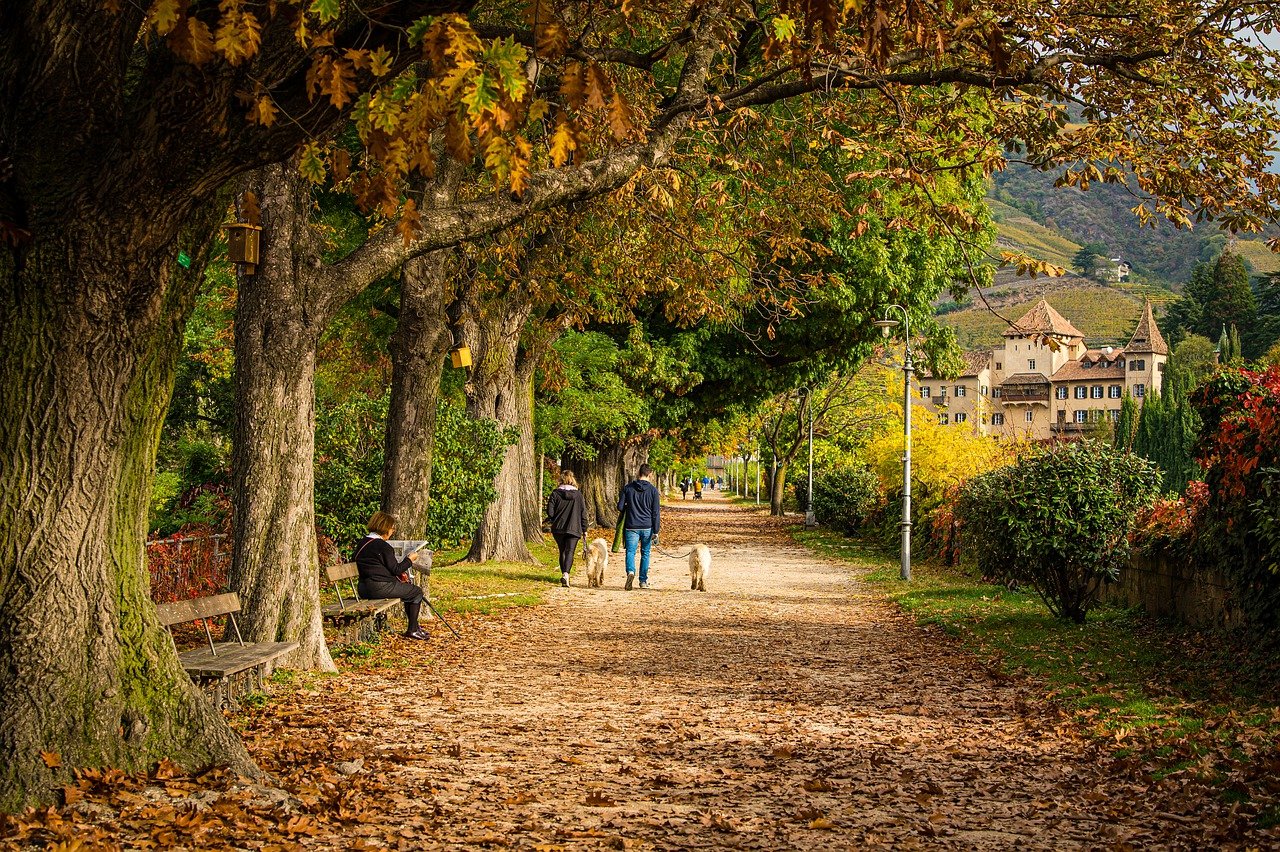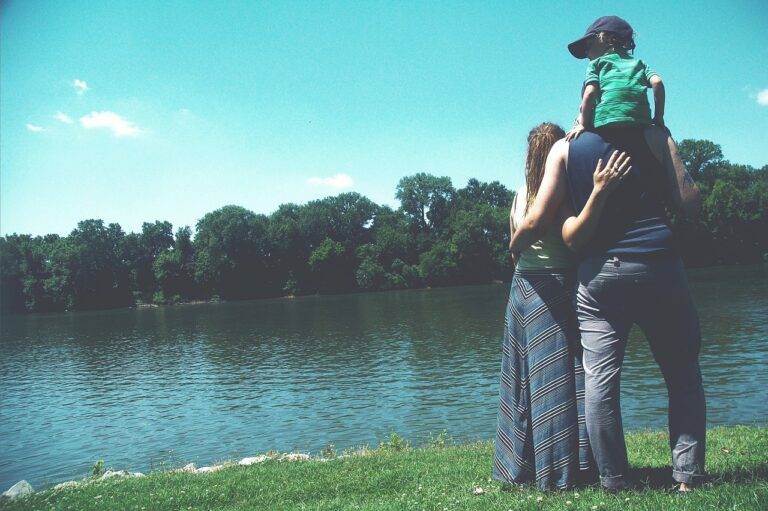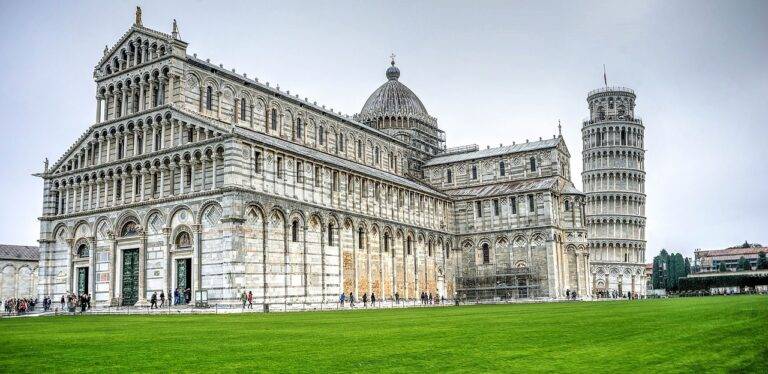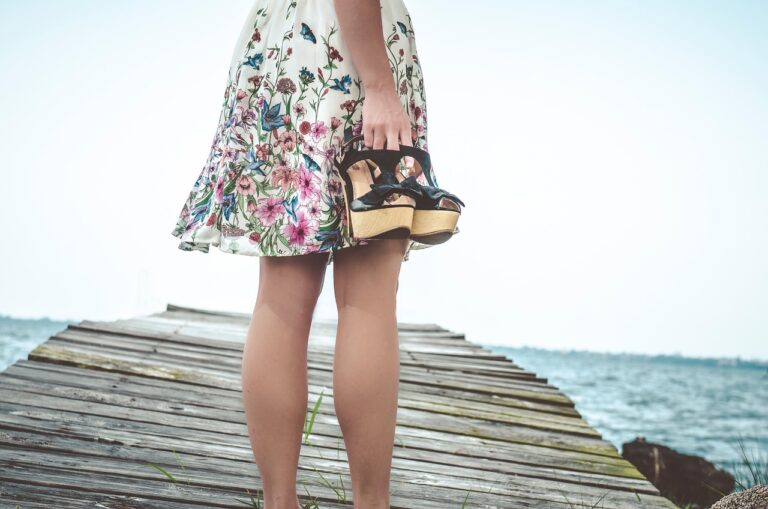Responsible Travel Photography: Ethical Considerations and Best Practices
Photographing local communities is a delicate and intricate process that requires respect, sensitivity, and awareness. When capturing images of people in their environment, it is crucial to approach the situation with thoughtfulness and consideration for their privacy and dignity. Prioritizing the well-being and comfort of the individuals being photographed should always be at the forefront of the photographer’s intentions.
Respecting the cultural practices and traditions of the community being photographed is paramount in ensuring that the images captured are authentic and respectful. It is essential to familiarize oneself with the customs, beliefs, and values of the community in order to accurately depict their way of life without misrepresentation or cultural appropriation. By honoring and valuing the cultural heritage of the local communities, photographers can create a more meaningful and impactful visual narrative that truly reflects the essence of the people and their environment.
Respecting Cultural Practices and Traditions
In the realm of photography, it is paramount to approach local communities with sensitivity and respect. Each cultural practice and tradition is integral to the identity and heritage of a community. By acknowledging and honoring these customs, photographers can create a space of trust and collaboration with the individuals they seek to capture through their lens.
Before embarking on a photographic journey within a local community, it is vital to familiarize oneself with the specific cultural practices and traditions that prevail in that context. This knowledge will serve as a foundation for understanding the significance of certain rituals or behaviors, allowing photographers to navigate these spaces with empathy and awareness. Through this mindful approach, photographers can ensure that the images they capture are not only aesthetically striking but also ethically sound.
• It is important to research and understand the cultural practices and traditions of the community you are photographing
• Acknowledge and respect the customs and rituals that are integral to the identity of the community
• Building trust with individuals in the community by honoring their traditions can lead to more authentic and meaningful photographs
• Navigating these spaces with empathy and awareness ensures that your images are ethically sound
• By approaching local communities with sensitivity, photographers can create a collaborative environment for capturing compelling images
Seeking Permission Before Taking Photos
It is crucial to always seek permission before capturing images of local communities. This simple act demonstrates respect for the individuals you are photographing and their right to privacy. By obtaining consent, you acknowledge their autonomy and establish a mutual understanding that enhances the overall relationship between you as the photographer and the subjects.
Prioritizing consent when photographing local communities also helps to avoid misunderstandings and potential conflicts. By openly communicating your intentions and seeking approval, you create a safe and comfortable environment for the individuals being photographed. This gesture of respect fosters trust and cooperation, leading to more meaningful and authentic representations of the community and its members in your photos.
Why is it important to seek permission before taking photos in local communities?
It is important to seek permission before taking photos in local communities out of respect for the individuals and their privacy. Asking for permission shows that you value their consent and are mindful of their comfort.
How can I ensure that I am following ethical guidelines when photographing local communities?
To ensure that you are following ethical guidelines when photographing local communities, always be respectful of cultural practices and traditions, seek permission before taking photos, and be mindful of the impact your photos may have on the individuals being photographed.
What should I do if someone does not want their photo taken?
If someone does not want their photo taken, respect their wishes and refrain from taking their photo. It is important to always prioritize the comfort and privacy of the individuals you are photographing.
Can I take photos of children in local communities?
When taking photos of children in local communities, it is especially important to seek permission from their parents or guardians. Children are particularly vulnerable and it is crucial to ensure that their best interests are protected.





